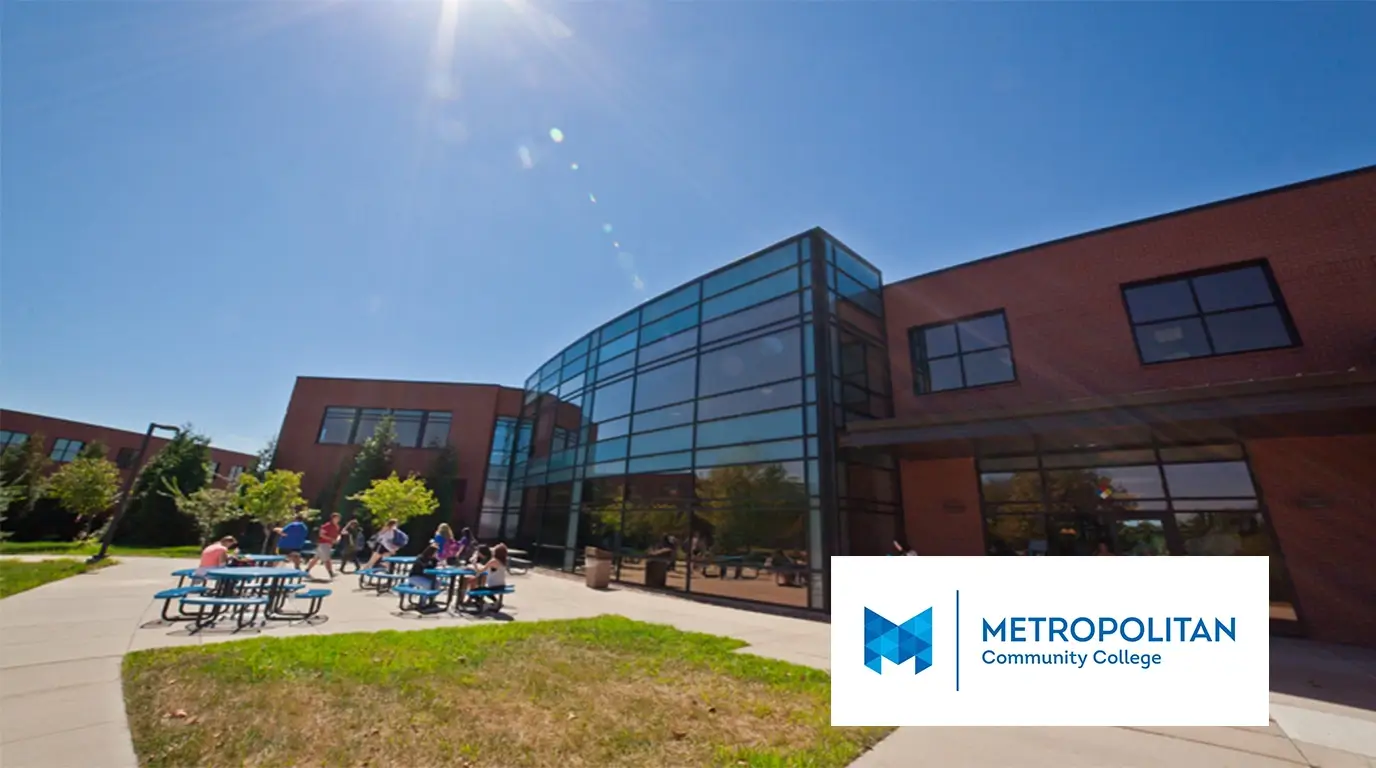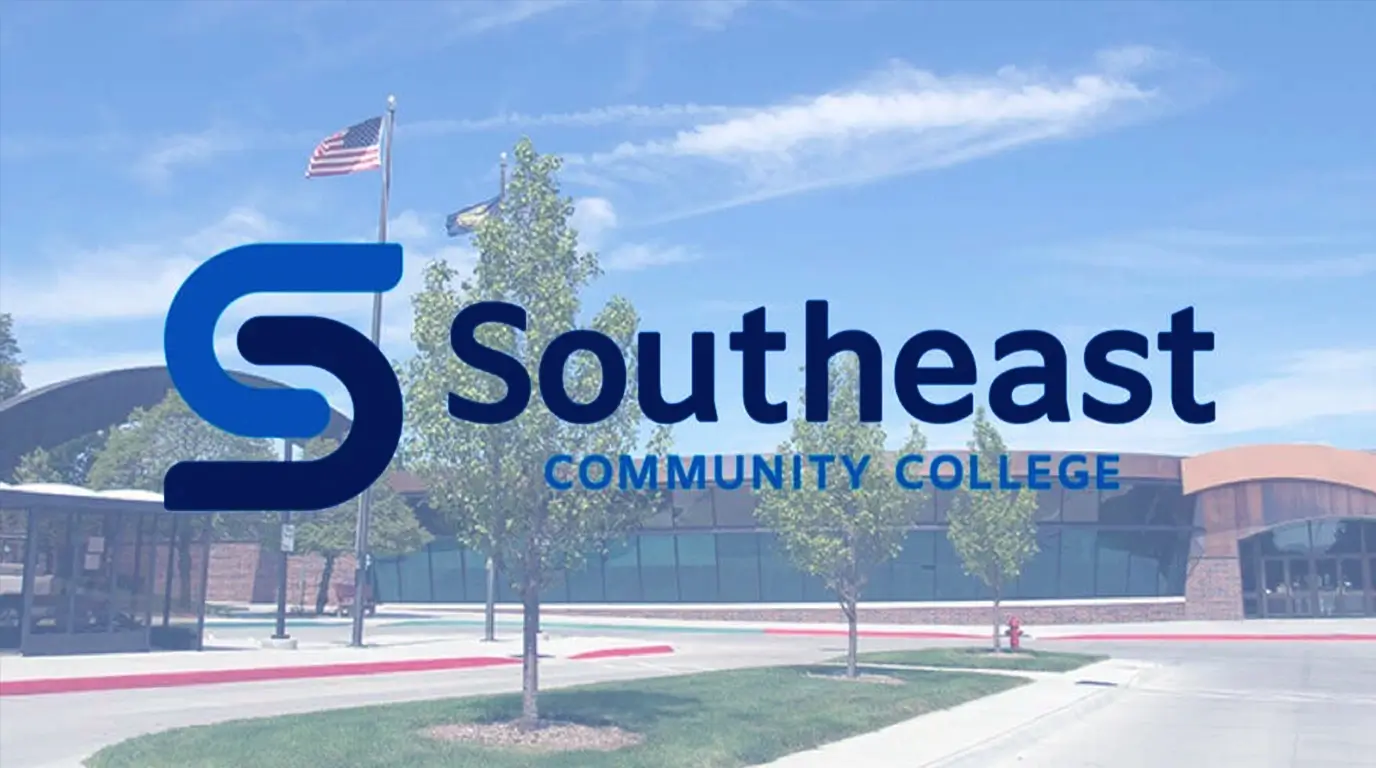Becoming a Paralegal in West Virginia – Your State-Specific Guide
Have you ever wondered if there’s a way to dive into the legal world in West Virginia without committing to years of law school? Becoming a paralegal in West Virginia might just be your answer. I’ve spent years working in the legal field, watching paralegals become the backbone of law offices across the state, and I can tell you—it’s a career that’s both rewarding and full of opportunity. Whether you’re in Charleston, Morgantown, or a smaller town like Philippi, the legal landscape here relies heavily on skilled paralegals. This guide is built from the ground up to walk you through everything you need to know about launching a paralegal career in the Mountain State—tailored specifically to West Virginia’s unique quirks and opportunities.
Picture this: you’re sitting in a law firm in Charleston, helping draft documents that could shape someone’s future, all without needing a law degree. That’s the reality for paralegals in West Virginia. These professionals are the unsung heroes of the legal system—researching cases, preparing filings, and keeping attorneys on track. In a state where industries like energy, healthcare, and government drive the economy, paralegals play a critical role in keeping legal services humming. Whether you’re drawn to the steady pace of a small-town practice or the bustle of a bigger city firm, this guide will break down the steps, education, and insider tips you need to become a paralegal in West Virginia. Let’s dig in.
Paralegal Definition and Regulation in West Virginia
Does West Virginia Legally Define “Paralegal”?
Here’s the straightforward truth: West Virginia doesn’t have an official, carved-in-stone legal definition for “paralegal” or “legal assistant.” The state leaves it pretty open-ended, which can feel both freeing and a little vague if you’re just starting out. Generally, a “paralegal” here is someone who works under an attorney’s supervision, handling tasks like research, drafting documents, and case management—basically, everything short of giving legal advice or representing clients in court.
Are There Any State Regulations for Paralegals in West Virginia?
Regulation-wise, West Virginia keeps it light. There’s no mandatory licensing or state-specific certification required to call yourself a paralegal in West Virginia. A few years back, there was a push in the legislature to create a “Certified Legal Assistant” credential—something tied to education or passing a test—but it didn’t stick. That said, attorneys are held to Rule 5.3 of the West Virginia Rules of Professional Conduct, which means they’re responsible for ensuring their paralegals act ethically. So, while the state doesn’t micromanage you, you’re still bound by the ethical standards your supervising attorney follows—think confidentiality, competence, and professionalism.
Key Takeaway
- West Virginia has no formal definition or mandatory regulations for paralegals, but you’ll work under attorney oversight with ethical expectations in play.
Education Requirements and Recommended Programs in West Virginia
Are There Specific Educational Requirements in West Virginia to Become a Paralegal?
Legally speaking, you don’t need a degree to become a paralegal in West Virginia—there’s no state law demanding it. But here’s the real talk: most employers won’t even glance at your resume without some formal education. An Associate’s degree in paralegal studies is the baseline for most entry-level gigs, though a Bachelor’s can give you an edge, especially in bigger firms or government roles. Certificate programs are also a solid option if you’ve already got a degree in something else or just want a quicker path. While ABA-approved programs aren’t a must (and none in West Virginia carry that stamp), they’re a gold standard some employers look for—so it’s worth considering if you’re eyeing a competitive spot.
Recommended Paralegal Education Programs in West Virginia
West Virginia’s got some solid options for paralegal education programs. I’ve pulled together a few standouts based on reputation and what they offer—perfect for anyone looking to break into the field here:
- Blue Ridge Community and Technical College (Martinsburg): Offers an Associate of Applied Science in Paralegal Studies and a Legal Office Assistant Certificate. It’s hands-on, affordable, and great for eastern panhandle folks.
- Mountwest Community & Technical College (Huntington): Their Associate of Applied Science in Paralegal Studies mixes legal theory with practical skills—think document prep and research. Perfect for the Tri-State area.
- West Virginia Junior College (Morgantown and Charleston): An Associate Degree in Legal Office Assisting, with online options too. It’s fast-paced and career-focused—ideal if you’re juggling work or family.
- Alderson Broaddus University (Philippi): A Bachelor of Arts in Legal Studies if you’re aiming higher. Smaller campus, personal vibe, and a broader legal education.
None of these are ABA-approved, but they’re well-regarded locally and tailored to West Virginia’s legal needs—like energy or labor law.
Online Paralegal Programs for West Virginia Residents
If you’re in a rural spot or need flexibility, online programs can be a game-changer. Places like West Virginia Junior College offer online tracks, and national providers like Purdue Global or Liberty University let you study from anywhere. The upside? You can balance life and learning, especially if you’re already working. Just make sure the program’s accredited and respected by West Virginia employers—check reviews or ask local paralegals.
Key Takeaway
- No mandatory education, but an Associate’s or certificate is the practical minimum.
- Local options like Blue Ridge CTC and Mountwest CTC are strong starting points.
- Online programs offer flexibility for West Virginia’s busy or rural residents.
Paralegal Certification and Credentials in West Virginia
Is State-Specific Paralegal Certification Available or Mandatory in West Virginia?
Nope, West Virginia doesn’t have its own paralegal certification, and it’s not required to work here. That old legislative proposal for a “Certified Legal Assistant” title? It fizzled out. You can start working without any fancy credentials, but don’t sleep on the value of standing out.
Nationally Recognized Certifications Relevant in West Virginia
National certifications can seriously boost your cred in West Virginia’s job market. Two big ones to consider:
- NALA’s Certified Paralegal (CP): Run by the National Association of Legal Assistants, this is the gold standard. Pass the exam, and you’re showing employers you’ve got the chops—legal knowledge, ethics, the works.
- NFPA’s CORE Registered Paralegal (CRP): From the National Federation of Paralegal Associations, it’s another solid credential. It’s less common here but still respected.
Both require some combo of education and experience to sit for the exams, so plan ahead.
Benefits of Certification in West Virginia
Why bother? Certification signals you’re serious. In a state where education isn’t mandated, it’s a way to prove you’ve got skills beyond the basics. Firms in Charleston or Morgantown might pay more for it—think a bump from entry-level to mid-tier paralegal salary. Plus, it opens doors to specialized roles like energy law, which is huge here.
Key Takeaway
- No state certification exists or is required in West Virginia.
- National options like NALA’s CP can elevate your resume and pay.
- Certification = credibility and career growth in a competitive market.
Paralegal Associations in West Virginia
List State-Level Paralegal Associations in West Virginia
Networking’s a big deal, and West Virginia’s paralegal associations are your ticket in. Here’s who to know:
- Legal Assistants/Paralegals of Southern West Virginia (LAPSWV): Covers the southern half of the state. They’re tied to NALA and offer everything from job boards to scholarships.
- West Virginia State Bar Paralegal Division: Not just for lawyers—this group hosts CLE events and connects paralegals statewide.
Benefits of Joining a Paralegal Association in West Virginia
Joining up means more than a line on your resume. You’ll get invites to workshops (think legal assistant training in West Virginia), access to exclusive job postings, and a chance to mingle with pros who’ve been around the block. In a state like ours, where personal connections matter, these groups can be your fast track to law firm jobs in West Virginia.
Key Takeaway
- LAPSWV and the WV State Bar Paralegal Division are your go-tos.
- Membership = networking, education, and job leads tailored to West Virginia.
Job Market Outlook and Salary for Paralegals in West Virginia
Current Job Market for Paralegals in West Virginia
The job market for paralegals in West Virginia is steady—not explosive, but reliable. With about 1,780 paralegals working here as of recent Bureau of Labor Statistics data, you’ve got opportunities in law firms, government agencies (hello, state capitol in Charleston), and corporate legal departments tied to energy and healthcare. Places like Parkersburg even rank high nationally for paralegal concentration.
Average Paralegal Salary in West Virginia
Money-wise, the average paralegal salary in West Virginia sits around $56,870 per year, per the BLS (May 2023). Entry-level might start closer to $45,000, while seasoned pros in bigger cities like Charleston can pull in $65,000 or more—sometimes hitting $82,000 if you’re specialized (think energy law). Location matters: Charleston pays higher (around $46,050), while rural spots might dip lower. Experience and education can nudge those numbers up too.
Job Growth Projections for Paralegals in West Virginia
Looking ahead, Projections Central pegs paralegal job growth in West Virginia at 9.1% through the next decade—faster than the national 4.2%. That’s about 250 openings a year, fueled by law firms leaning on paralegals to cut costs. The paralegal career outlook in West Virginia feels promising, especially if you’re willing to specialize.
Key Takeaway
- Steady job market with ~1,780 paralegals employed.
- Average salary: $56,870, with highs near $82,000 for top earners.
- 9.1% growth projected—250 annual openings through the decade.
Key Takeaways: Steps to Becoming a Paralegal in West Virginia
Ready to jump in? Here’s your roadmap:
- Research paralegal education programs in West Virginia—start local or online.
- Pick your path: Associate’s, Bachelor’s, or certificate.
- Look into ABA-approved programs for extra cred (via the American Bar Association).
- Explore national certifications like NALA’s CP.
- Join paralegal associations in West Virginia (LAPSWV, WV State Bar).
- Kick off your job search targeting West Virginia’s legal market—law firms, government, or corporate gigs.




